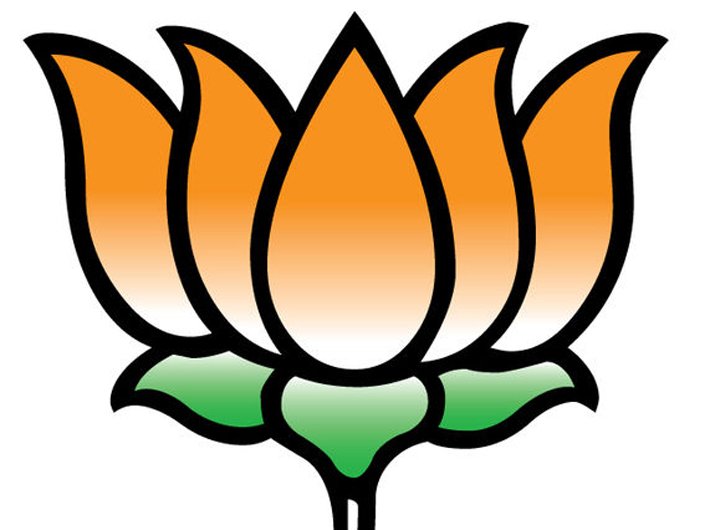Majoritarianism is the trump card, as Congress fails to offer a counter-narrative
The BJP is set to form the sixth government in Gujarat. Not counting a bump in 1996-98 thanks to its own rebel Shankarsinh Vaghela, the party has been in power since 1995, and shows no signs of anti-incumbency. What we are witnessing is comparable only to the long CPM rule in West Bengal.
There are, of course, other states with a long period of one-party rule, or one party returning to power every second election. But in Gujarat now, as in West Bengal during 1977-2011, a certain ideology has become the default world view, and a certain party organization has grown deep roots in socio-economic structures, down to cooperative socieites and cricket associations.
That ideology is not the plain vanilla hardline Hindutva but a slightly nuanced version of it; what some commentators a decade ago called Moditva, simple political majoritarianism mixed with industry-led economic growth. For an average Gujarati, this has become the norm, the accepted wisdom – unless there are any other pressing factors at play. Majoritarianism is the key; governance supplementary.
It would be easy – and naïve – to imagine an average Gujarati voter in the image of one of those held for mob-lynching. The image of an average Gujarati (Hindu) voter is slightly different: A soft-spoken elderly gentleman, who does not mind giving a helping hand to a neighbour even without asking, spends his retirement time in social service (when he is not checking his stock market investments). Mention Modi or the BJP and he would have quite a handful of complaints. Once he completes his list and you ask him, “then why not Congress this time”, he’d say, “No way. A Congress win means those people will get an upper hand.” Those people are Muslims. Mind you, this is the gentleman who on a train journey will exchange pleasantries and may share tea (though not food!) with a Muslim co-traveller. He would make it a point to buy his monthly groceries from Manek Chowk in the heart of Ahmedabad where, he’d say, Muslim traders are honest. But vote for the Congress? You know the answer, and why.
A fear of the other, a prejudice against the minority -- has been a pronounced theme in the state. There are many reasons, beginning with the proximity of Pakistan, and a long history of strained ties, but the chief reason as it would matter today is the series of communal riots, going on for months, in the 1980s and later. (That is why Narendra Modi, Amit Shah and other BJP leaders harped on this bit of history during the poll campaign.) During those days, in popular perception, the Congress was seen as siding with the minorities. There was a bootlegger, Abdul Lateef, the inspiration behind the Shah Rukh Khan starrer ‘Raees’, who could win from not one but five municipal wards in 1986 – while he was behind bars. The insecurity engendered by the riots, coupled with the Ram Janmabhoomi campaign of the late 1980s and early 1990s, not only put the majority squarely behind the BJP, but also helped iron out any internal caste calculations. The prejudice remains, even if in actual statistics Muslims are at the receiving end in every “hullad” (riot, in Gujarati) since 1992 and more so in 2002.
If you need the proof for the majoritarianism hypothesis, look at the opposition party. The Congress has been accused of attempting ‘soft Hindutva’ right since 2002. This time, the incoming president, Rahul Gandhi, outdid his mother by ticking off nearly all major temples and pilgrimage spots. Even the Congress gives the ticket to fewer and fewer candidates from the minority. Then, BJP can’t be faulted for not giving the ticket to even a single Muslim (and thus the state hasn’t had a Muslim minister for a long, long time.)
Modi himself might have relied equally on Hindutva as well as economics, and for his victories equal credit might have gone to good governance. But an argument can be made that Gujarat was always doing well enough economically, and during the Modi years it did not exactly top the charts on any parameter, from GDP to investments. (Delhi would be a better candidate of economic outlier in those years, and Sheila Dikshit did not win a fourth term.) Hence, majoritarianism is the hero, governance is a mercurial character actor. WhatsApp messages will hail majoritarianism; TV talk show will speak of governance.
Now for the rider, since the BJP tally has dipped to a double-digit count; its lowest since 1995.
CPM had nearly 35 years of continuous rule in West Bengal. The BJP in Gujarat can very well break the record. If it does not, if it eventually loses in this state, then the beginning of the downturn can be marked now: 2017. If the majoritarianism is taken for granted, if the typical Gujarati Hindu has come to feel that there is no longer any threat from the minorities and the riots are history, then the caste will come to the fore again. Add to that those left behind by jobless growth (not to be blamed on Modi alone as it is arguably a pan-national feature since 1991).
That is what we saw in this election, with three caste campaigners – of varying degrees of political maturity – demanding quota benefits and maybe delivering some impact on results. During the 1980s, the BJP had successfully walked the tightrope and herded all castes including Dalits in its tent even in the face of the ruling Congress’s caste quota politics.
The challenge for the BJP is now defined, and it will be interesting to see how it rises to it again.
[This article has appeared in a slightly different version on
FirstPost.com]

